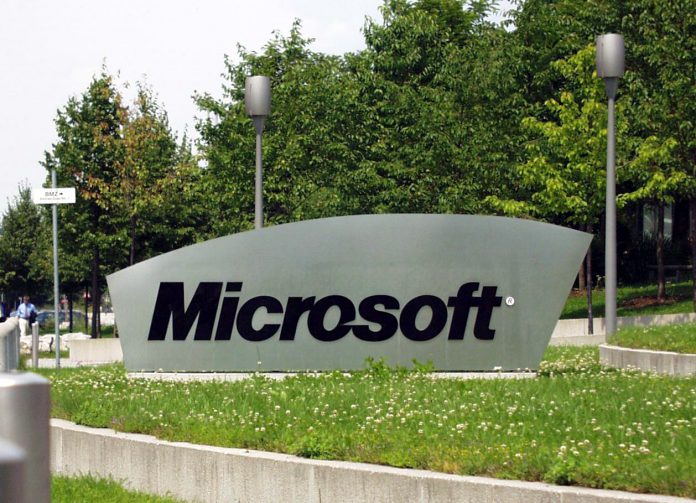The COVID-19 pandemic transformed how individuals and organizations view work. While the era of remote work was already underway, the pandemic propelled it and made it normal. Workdays may never be the same again. As Microsoft closed physical locations in favor of remote work, there was an opportunity to research trends in the new environment.
So, over the last two years, the company has been researching the work habits of its remote employees. The goal was to discover how working from home – or not in the office – affects productivity.
Microsoft came to realize that the 9-5 workday is archaic, especially when applied to remote work situations. Instead, employees go through peaks and dips in their productivity throughout the day. According to the company, this means we should look now at the Triple Peak Day and not the 9 to 5.
In a blog post, Microsoft describes “knowledge workers” as having two periods where they are their most productive (the peak) when working in the office. These periods happen before and after lunch. For remote workers, there are three peaks instead of two… as well as the pre and post-lunch peaks, there is also one late in the evening.
First signs of this remote work dynamic arrived early in the pandemic. Microsoft observed chats between employees over Microsoft Teams increased between 6PM and 8PM. The company says the concept of traditional work hours is now an old concept. When working at home, people feel more flexibility to handle personal needs during work hours but will work harder to make up for it.
Free Time Debate
That is a clear benefit of working from home, but are people now working in their free time? That is obviously a concern, but it could be argued that instead employees just manage their free time differently. The traditional workday dictates when your free time is. Working from home allows you to mold your free time and make up for work hours more flexibly.
Microsoft points out this blurring of free time and work time, saying it saw 42 percent more chats on Team after the traditional workday is over.
Last month, Microsoft brought its Redmond and other headquarters up to full capacity for the first time since the pandemic. However, the company will allow those who have remote work arrangements to continue on that schedule.
Tip of the day: After years of hefting a laptop around, you inevitably build up a menagerie of Wi-Fi networks. For the most part, they’ll sit on your PC, hardly used, but at times a change in configuration can make it difficult to connect to a network your computer already remembers. At this point, it can be beneficial to make Windows forget a Wi-Fi network and delete its network profile.





